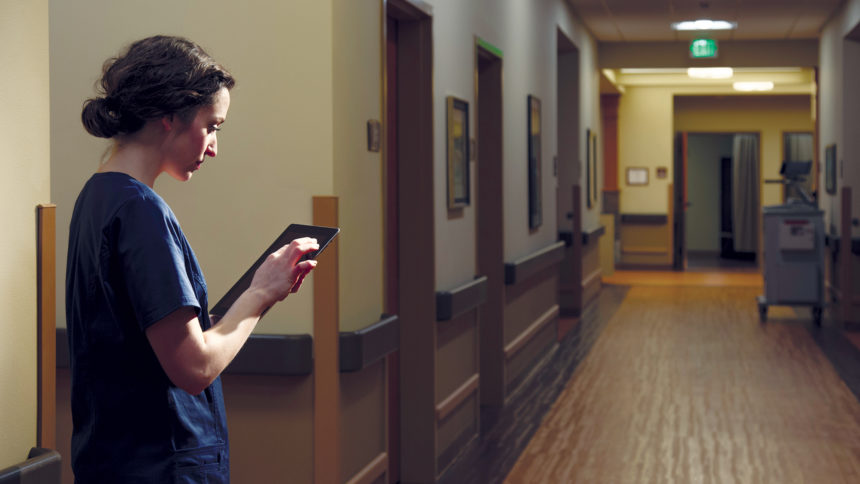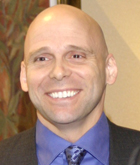
Seventy percent of employees and up to half of patients found to be COVID-19 infected by nursing home giant HCR ManorCare were asymptomatic at the time, says the chain’s medical director.
The novel coronavirus is “the silent killer which we’ve learned so much about but still have so much to learn,” said HCR ManorCare Medical Director Mark Gloth, M.D., on a conference call with the media Tuesday. “It is virtually impossible for us to keep it out of our facilities. In fact, we know it’s highly likely we’ll see it in our centers” when it’s already seen in the surrounding community.
Gloth said nearly 1,500 positive cases of COVID-19 have been discovered by the 222-facility chain, which has a daily census of nearly 25,000. The mortality rate has been close to 15%.
Fewer than half of the facilities have experienced a single case, but infection clusters have largely occurred in facilities that have triple or quad rooms, or are in municipal areas with higher rates of infection, Gloth explained.
“What is particularly distressing, even beyond this, is that even when we have done full in-house testing for employees and patients, we have seen that up to 70% of our healthcare providers who have been tested as positive were completely asymptomatic,” Gloth said. “And anywhere from 30% to 50% of patients who were asymptomatic patients did not present with any overt symptoms that would have suggested they had this deadly and daunting virus.”

This has happened despite “heroic” efforts of staff and the chain being at the forefront of preventive measures such as restricted visitations, the use of telemedicine and enhanced staffing and patient education. A piece of acute-care ProMedica Health System, the skilled care facilities also got a jump on cohorting the infected and those suspected of being infected with COVID-19. There have been about 400 individuals successfully recoveries from COVID-19.
Despite successfully leveraging every possible source and donor, Gloth added, “There isn’t a day that goes by when we aren’t concerned about when our supplies will dry up, especially when we see states opening up and doing elective procedures that will need the PPE. We find it especially frustrating when states mandate that all personnel should be in full PPE, without thinking about where these supplies are coming from, or supplying resources.”
Similarly, he said it is frustrating in states where the mandate is to test all personnel but not enough test kits are available.
“I would love to test everybody,” Gloth said. “We’re getting three to four kits at a time in many locations where we need to have many more.”
He also said HCR ManorCare is able to get “about 10% of what we really need in our facilities” when it comes to test kits. Gowns remain the biggest PPE difficulty to get: “That keeps me awake at night.”
“These are daunting times even for those who are battle-tested and with lots of experience,” Gloth said. “It’s scary for healthcare workers and physicians.”
“We have employees that are literally rushing in to help patients, but not everyone is so fortunate. What we need now is not to have criticism but support. We have healthcare heroes, just as hospitals do. They need to be recognized for that, supported for that and acknowledged.”




